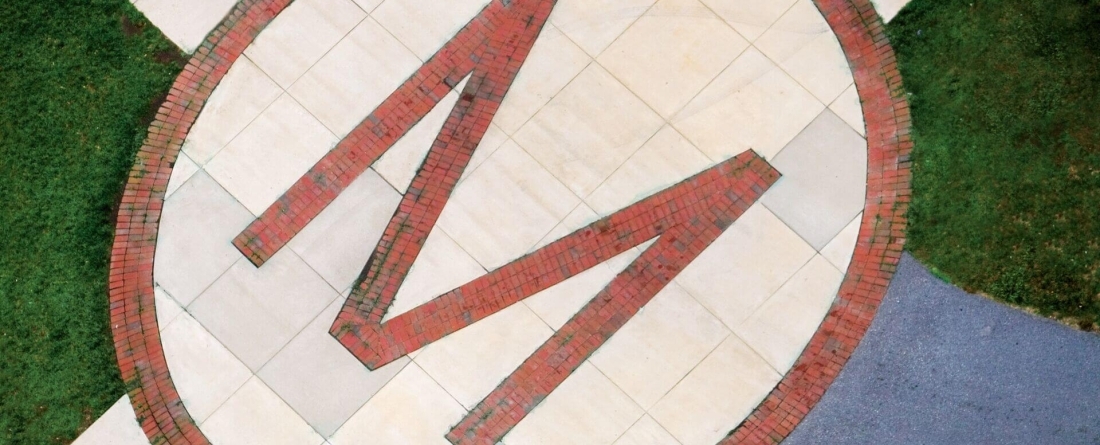
The School of Public Policy recently hosted Research Day, an event designed to spotlight the cutting-edge research of its faculty and students across disciplines ranging from community and citizen well-being to sustainability, energy and climate change to public finance and social policy. The event increased the visibility of the School’s research efforts and promoted collaboration and dialogue among scholars and practitioners.
“This is where ideas are tested, assumptions are challenged and evidence-based insights are generated,” said Lucy Qiu, associate dean of research and faculty affairs. “The freedom to pursue the research that you believe is important and policy relevant is more vital than ever.” Qiu noted that research informs academic debates while also shaping real-world decisions, guiding public investments and helping to build more equitable, effective and accountable institutions.
The event was split into two segments. In the first half, faculty and PhD students delivered five-minute lightning talks addressing emerging policy issues. Topics ranged widely, with PhD student Marcos Fabian noting, “In a very diverse environment like the School of Public Policy, sharing research ideas and listening to others’ perspectives is very enriching and reveals linkages that you didn’t know were there.”
The afternoon showcased student research. Projects included work from master’s project courses, undergraduate capstone projects and the Thurgood Marshall fellows program. One group project, “Gallup Center on Black Voices,” from the PLCY400 course, examined well-being disparities in suffering, struggling and thriving between different racial groups. “To present here today shows that our work extends beyond the classroom,” said undergraduate students Tasneem Alim, Onyekachukwu Arah, Andrew Cullen, Kerra Dukes and Leandra Williams.
Research Day brought new insights and connections, with the shared goal of advancing public policy research that makes a tangible impact on society.
Research Day Winners
PhD Lightning Talks
1st: Pablo D. Alcala - Can Wage-Subsidized Youth Training Reduce Violent Crime?
2nd: Emily Elizabeth Dobson - Credit Where It’s Due: The Political Origins of the Child Tax Credit
3rd: Xiaofeng Ye - Climate Refugees: Where are we moving?
3rd: Isabel Shaheen O'Malley - Unions and Wellbeing: Why Joining Helps and Leaving Hurts
3rd: Breana Stevens - “They Not Like Us”: Resident Sentiments and Solutions Identified in A Neighborhood Social Media Group
Student Showcase
1st: Nadia Hewchuck - Preserving Affordability: Analyzing the role of the 4% Low-Income Housing Tax Credit in the preservation of affordable housing
2nd: Elenor Aylay (Thurgood Marshall Fellow) - Reducing Food Waste Through Pantry-Based Education in Marginalized Communities: A Pilot Program with the LindaBen Foundation
2nd: Christy Turner - Water Equity Insights: A Comparative Policy and Landscape Analysis of Data Accessibility, Policy Structures and Practices
3rd: Ethan Simon, Stephanie Fishkin, Varshini Suresh, Griffin Cargnel, Luka Montour - Understanding D.C.’s Mental Health Court: An Analysis of How It Operates and How it Compares to Other Mental Health Courts in the Greater Washington Area
3rd: Kerra Dukes (Thurgood Marshall Fellow) - Cultural Perceptions and Menstrual Health Education
3rd: Lindsay Dieudonne (Thurgood Marshall Fellow) - American Conservatism and the Biblical Foreigner: Examining the Relationship between Religious Identity and Political Ideology on Immigration Attitudes
3rd: Allison Li (Thurgood Marshall Fellow) - Invisible Barriers: Lessons from Racial Bias in Facial Recognition and the Need for Gender Equity in Policing
